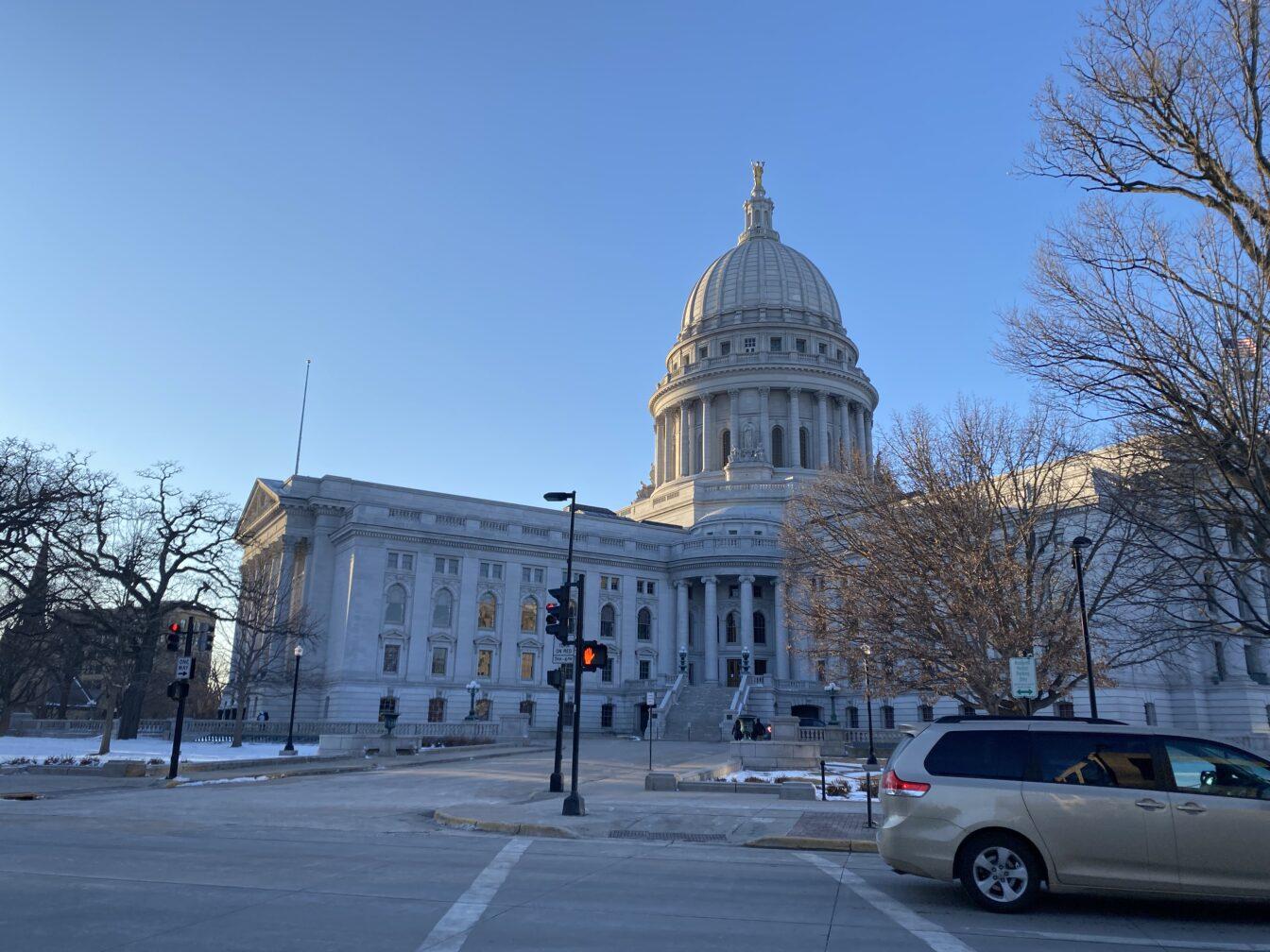Rep. Shelia Stubbs (D-Madison) introduced legislation Feb. 1 to create an Office of Equity and Inclusion. The office would establish a statewide plan for equity and inclusion and submit annual reports to the governor and the legislature on their activities, according to a press release on WisPolitics.
The legislation comes after years of inequity with Wisconsin rated the worst state to raise a Black family in America, Stubbs said in an interview. The unemployment rate for Black people in Wisconsin stands at 10%, compared to the 3% rate for white people, according to a report by 24/7 Wall St. Moreover, Black residents make up over 42% of Wisconsin’s prison population and only 6.3% of the overall state population, according to the report.
Stubbs hopes the legislation will amplify the perspectives of citizens of color and support the contributions they make to the state.
“I think it’s really important that we embrace diversity,” Stubbs said. “It should not be a place of deficit, it should be a place of acceptance, it should be a place of want.”
Local agencies would assess their departments and engage with appointed representatives about their issues regarding diversity, Stubbs said. From there, the office would send an expert familiar with Diversity, Equity and Inclusion strategies to support the department.
Inclusion in the scientific workforce is especially important, according to University of Wisconsin professor and Chair of the Institute for Diversity Science Angela Byars-Winston.
A diverse group of scientists increases the possibility to cure disease, ensure worldwide clean water and advance technology, Byars-Winston said. It would be a shame to lose a potential insight or advancement from someone simply because they felt they didn’t belong, Byars-Winston said.
Byars-Winston advocated for measurable ways of ensuring the proposed Office of Equity, Diversity and Inclusion reaches its goals. Otherwise, it is very difficult to hold people accountable, she said.
“We have to have leadership that will be bold and unabashedly unapologetic.” Byars-Winston said. “Say we want to close the maternal fetal death rate by race in this county. If we want to close that … we have to have something that would be measurable.”
The legislation would ensure diverse voices are heard in both the development and the decision making process of the office, Stubbs said. The office would hire experts who could support and understand historically underrepresented and under resourced communities, she said. For example, the office should hire Wisconsinites of color who can offer resources to promote an inclusive culture, she said.
It is critical that the office’s council connects with relevant local, state and national leaders, Stubbs said. Stubbs hopes organizations such as the Wisconsin Latino Chamber of Commerce, the NAACP and The Divine Nine will collaborate in this process.
Everyone has biases and prejudices, so the main challenge in creating the office would be working to face the changes that come with this legislation, Stubbs said. The legislation aims to recruit and retain every trade, and people must be willing to practice professional development in that process, Stubbs said.
“We have to make some changes,” Stubbs said. “It’s also important to create culturally responsible and equitable policies and practices throughout our entire government.”
This bill was initially introduced in November 2019, Stubbs said. Gov. Tony Evers’ Executive Order #59, issued in 2019, extracted information from the bill to start creating diversity, equity and inclusion programming, Stubbs said. For instance, under the order, each state agency must develop an equity and inclusion action plan to enforce equal employment opportunity and affirmative action requirements, according to the order.
The only way this new bill could pass is through bipartisan effort, Stubbs said. There must be a public hearing on the bill to get it on the Assembly floor where all 99 representatives can vote on it, Stubbs said. Then, the same process must follow on the Senate side, Stubbs said.
“I introduced the bill in 2019,” Stubbs said. “I had every Democrat in that building that was on the Senate side and the Assembly side join me … we could not get the bill passed, and we could not even get a hearing in the building.”
There are already several resources at UW that promote inclusivity in terms of education, Byars-Winston said. For example, the Wisconsin Institute for Science Education and Community Engagement supports undergraduate students with research and mentorship opportunities, she said.
In addition, Byars-Winston works at the Institute for Diversity Science which focuses on researching strategies that make diversity, equity and inclusion efforts more effective, she said. There are particular strategies that are more helpful to retain people from a broader background. Byars-Winston described diversity flyers and posters meant to add a visual reminder about the importance of inclusion as one such strategy.
“Let’s take what we know from research about diversity flyers,” Winston said. “There are certain ways and words and phrases that we know are more effective and engaging for helping [people] feel like they’re included.”
It’s necessary that people realize the prevalence of racial disparities in Wisconsin, Stubbs said. The leaders of the office should have lived experience with marginalized Wisconsinites in order to better understand the inequity Wisconsin faces, Stubbs said.
Given the severity of disparity in Wisconsin, it is not enough to simply talk about the issue, Stubbs said. If there is a need for change it’s crucial to take action and create the appropriate framework, Stubbs said.
“I think it’s more important that we use our legislative resources at our disposal to ensure that all Wisconsinites across all different demographics can live and play and have equal access to opportunities,” Stubbs said. “That’s called equity. That’s called accessibility.”
Stubbs is optimistic that Wisconsinites have become increasingly equitable in their policies and practices. It is only a matter of time before the state’s leaders implement this common sense infrastructure, Stubbs said.



